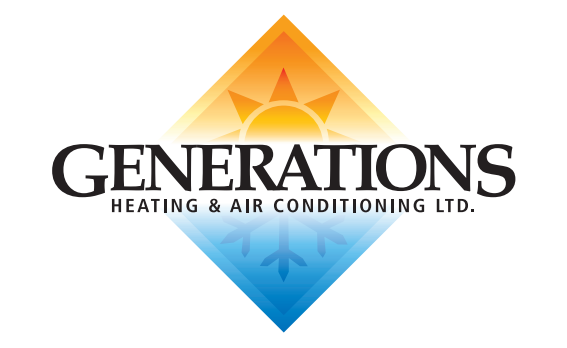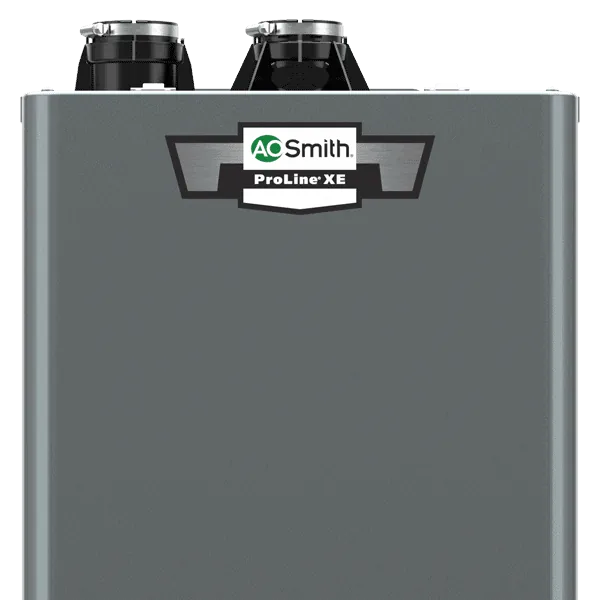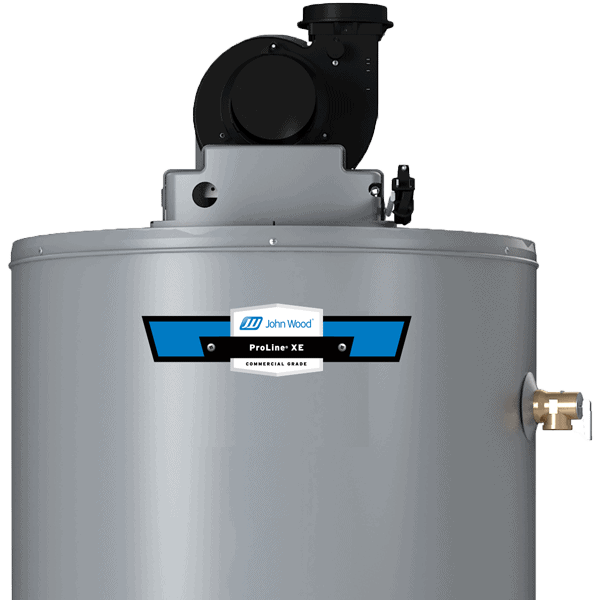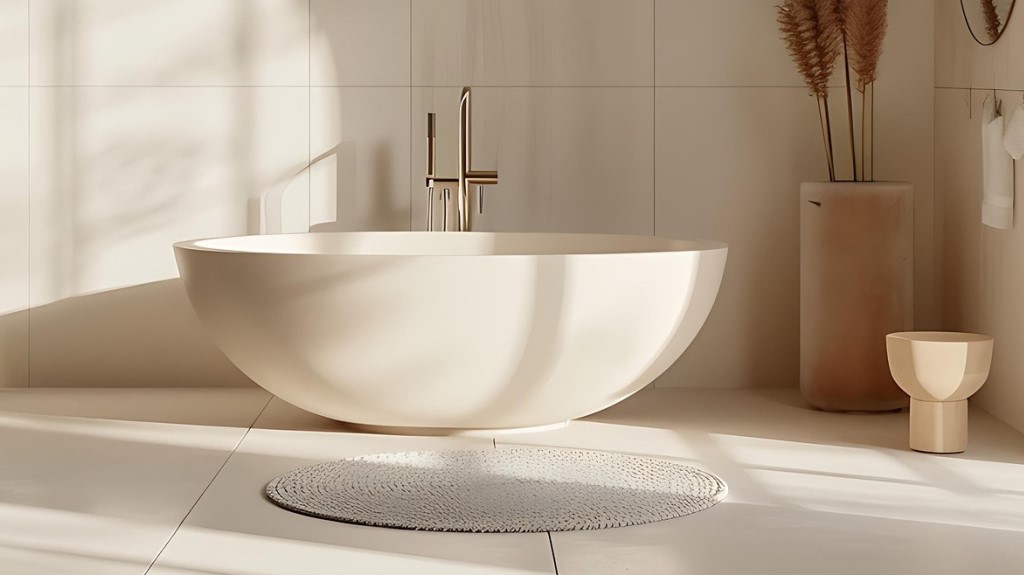
Choosing the right water heater for your home is more than just picking between two price tags, it’s about comfort, efficiency, and meeting your household’s unique needs. The biggest decision most homeowners face is whether to go with a traditional tank water heater or a modern tankless system. Each has its own benefits, costs, and considerations. In this guide, we’ll break down how both systems work, compare them side-by-side, and help you decide which is the perfect fit for your home.
- What is a Tank Water Heater?
- What is a Tankless Water Heater?
- Side-by-Side Comparison: Tank vs. Tankless
- Pros & Cons of Each System
- Which is the Right Water Heater for Your Home?
- Expert Tip: Considering Your Hot Water Demand
Generations Heating & Air Conditioning can help you choose and professionally install the perfect water heater for your needs. Contact us today for expert advice and installation you can trust.
Key Takeaways
- The right water heater for your home depends on your budget, household size, and hot water usage habits.
- Tank water heaters store a set amount of hot water, have lower upfront costs, and are ideal for larger households with simultaneous hot water needs.
- Tankless water heaters heat water on demand, offer higher energy efficiency, and save space, but come with a higher initial investment.
- Peak hot water demand should be calculated before choosing a system to ensure consistent performance during busy usage times.
- Climate and water hardness can affect a water heater’s efficiency, maintenance needs, and lifespan.
- Professional guidance and installation help ensure you get the right size, type, and setup for your household.
The Right Water Heater for Your Home
1. What is a Tank Water Heater?
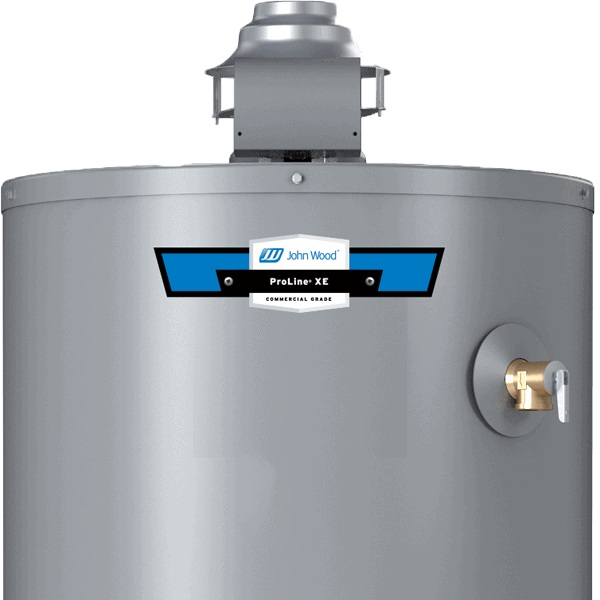
A storage tank water heater is one of the most common setups in Canadian homes, which is appreciated for its reliability and ease of use. It works by holding a set amount of hot water in a large insulated tank and making it usable whenever you wish.
Definition:
A tank water heater holds a set volume of water, typically 20 to 80 gallons, in a large insulated cylinder. The system stores this water at a specified temperature, heating it on demand to replace hot water that has been consumed.
How It Works:
- Cold water enters the tank through an inlet pipe, usually at the bottom of the device.
- Heating coil (electric) or burner (gas) warms the water to the thermostat setting.
- The warm water warms up at the top of the tank, ready to be pumped through your plumbing system whenever you turn on a faucet or appliance.
- Once hot water is runs out, cold water enters, and the warming up starts all over again.
Standard Sizes and Capacities:
Home models typically range from 20 to 80 gallons, and the most typical sizes for medium-sized homes are the 40- and 50-gallon units. The ideal size is dependent upon your home's highest hot water load and the number of occupants you have. Larger tanks are best for families that use hot water for multiple activities at the same time.
Ideal For:
- Storage tank water heaters are great for busy early mornings with standard showers and evening washing up.
- They are a good choice for medium to high demand homes that want the reassurance of having a full tank of hot water on tap all the time.
A tank water heater remains a viable choice for most homes, offering continuous hot water availability and simplicity of installation. While it is not as space-savvy or energy-savvy as newer designs, its proven track record of performance and lower installation price make it a great choice for most homes.
2. What is a Tankless Water Heater?
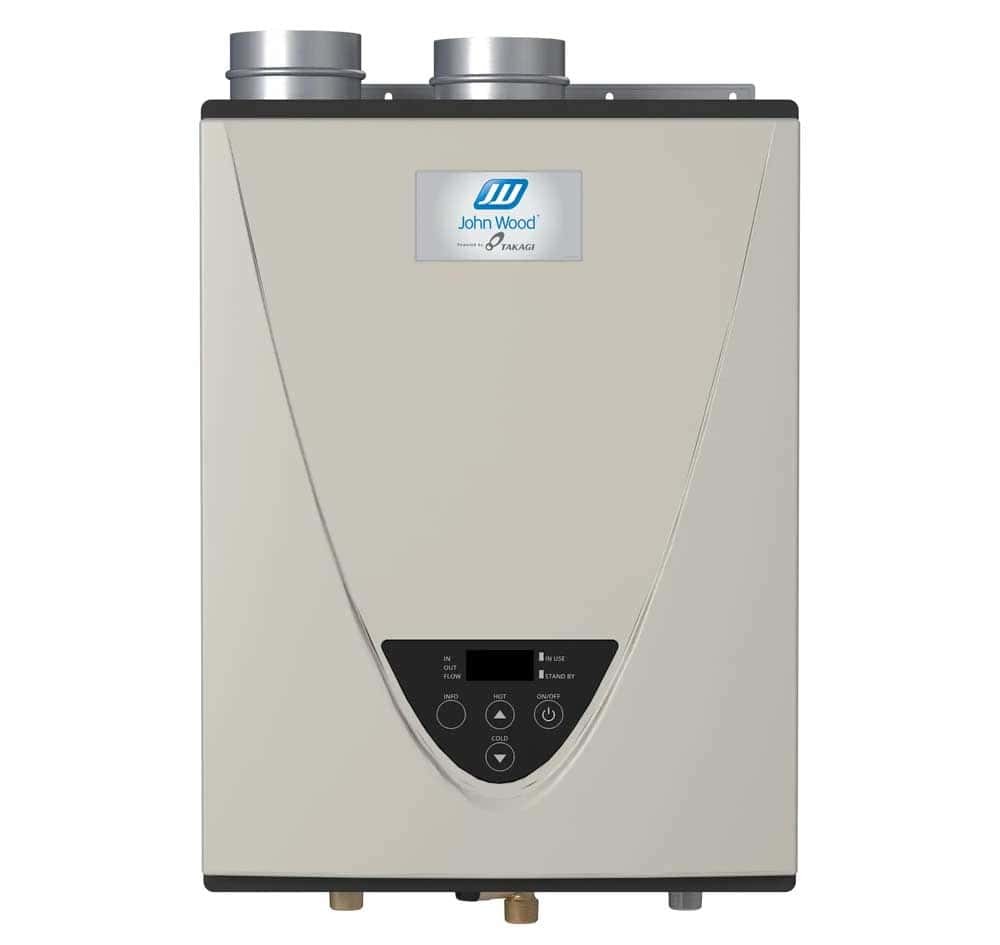
John Wood powered by Takagi Condensing Gas Tankless Water Heater
A tankless water heater, or on-demand water heater, is a cutting-edge method of heating household water by producing hot water only as it's required. Unlike traditional tank-style units, it doesn't store water—it heats it as soon as it travels through the device.
Definition:
A tankless water heater heats water when it's required, without requiring a large storage tank. It does not work unless a hot water appliance or tap is switched on, reducing energy loss in heating unused water.
How It Works:
- When you turn on a hot water tap, cold water enters the device and across intense heating elements (electric) or gas burners.
- The device heats the water to the temperature set by it as it passes through instantly.
- The hot water is then fed directly to your appliance, shower, or faucet, providing a steady flow so long as demand is within the unit capacity.
Power Sources:
- Gas-fired units tend to heat water faster and are best for homes that use more hot water.
- Electric units are smaller and easier to install but may require electrical system adjustments for higher flow rates.
Ideal For:
- Tankless water heaters are great for small families or those with lower simultaneous hot water requirements.
- They work well for homeowners looking for greater energy efficiency and lower bills in the long term.
- Properties with lower available space and a desire for a wall-mounted, compact unit.
A tankless water heater is an ideal choice for homeowners who value efficiency, space savings, and continuous hot water. While it does cost more upfront, long-term energy savings and ease of use are often well worth the cost.
3. Side-by-Side Comparison: Tank vs. Tankless
To make it easier to see how tank and tankless water heaters stack up, here’s a side-by-side comparison of key factors like cost, efficiency, space, hot water supply, and lifespan. This chart highlights the main differences at a glance so you can quickly evaluate which system might be best for your home.
| Factor | Tank Water Heater | Tankless Water Heater |
|---|---|---|
| Upfront Cost | Lower initial purchase and installation cost. | Higher purchase and installation cost. |
| Energy Efficiency | Moderate; some energy loss from keeping water heated in the tank. | High; heats water only when needed, reducing waste. |
| Space Needed | Requires floor space for a large tank. | Compact, wall-mounted design saves space. |
| Hot Water Supply | Limited to tank size; can run out during high use. | Continuous hot water as long as demand stays within unit capacity. |
| Lifespan | 8–12 years. | 15–20+ years. |
| Maintenance | Periodic flushing to remove sediment buildup. | Regular descaling, especially in hard water areas. |
4. Pros & Cons of Each System
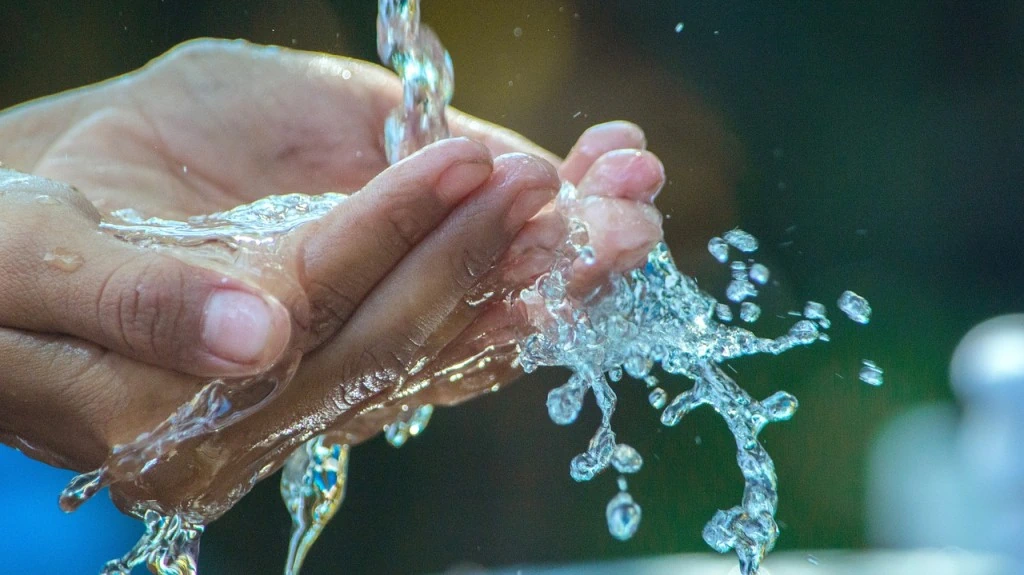
Each of the tank and tankless water heaters has both its own benefits, as well as some drawbacks. Understanding both of these advantages and disadvantages can help you decide which system will be best for your home.
Tank Water Heater Pros:
- Lower initial cost. Tank models are cheaper to purchase and install, so they can be more affordable.
- Simpler to install and replace. Most homes already have a tank system, so less modification is required when installing.
- Works well with multiple purposes at the same time. Wonderful storage capacity allows showering, laundry, and dishwashing to be done at the same time without a drop in temperature, until the tank runs out.
Tank Water Heater Cons:
- Limited hot water supply. Once the stored hot water has been used, you must wait for the tank to heat up again before more supply is released.
- More energy expenses by way of standby heating. Energy is used to keep water hot in the tank even if you are not using it.
- Shorter lifespan. Tank water heaters usually have a shelf life of 8–12 years before they need to be replaced.
Tankless Water Heater Pros:
- Non-stop hot water supply. It heats water on demand, so you never have to go without. It is ideal for extended showers or back-to-back use.
- Long-term energy savings. Because it only heats water when in use, a tankless unit can save you on monthly utility bills.
- Space-saving design. Tankless water heaters are thin and wall-mounted, with a smaller footprint than a conventional floor-standing tank.
- Longer lifespan. With proper maintenance, tankless units can last 15–20+ years.
Tankless Water Heater Cons:
- Higher upfront expense. Equipment and setup can be significantly higher than a normal storage tank water heater.
- Setup can require upgrading gas piping or electrical systems. These modifications add to the upfront expense.
- May have trouble serving more than a few hot water uses at once in large residences. May require a larger unit or more systems to handle high concurrent demand.
The choice between these two systems comes down to a calculation of short-term expenditures versus long-term savings, as well as an examination of your space, family size, and habits for hot water usage.
5. Which is the Right Water Heater for Your Home?
Choosing the best water heater for your home is more than a price comparison; it's finding the right system for your home's size, hot water demand, and space. Here's how to know which one is the better fit for you.
Choose a Tank if:
- You have a large household with simultaneous hot water needs. A storage tank model’s stored hot water can handle multiple showers, laundry loads, and dishwashing at the same time without an immediate drop in temperature.
- You want a lower initial investment. Tank water heaters cost less to purchase and install, making them ideal if you’re watching your budget.
- You have room for a storage tank. These units demand a specific place, like a basement or utility room, to store the unit.
Select a Tankless if:
- You desire increased energy efficiency. Tankless units provide warm water only as it is needed, not wasting energy and saving money in the long run.
- You want endless hot water. Ideal for extended showers or multiple back-to-back applications without having to wait for a tank to be refilled.
- You have less space for installation. Wall-mounted and compact, tankless models conserve more valuable floor space in smaller condos or houses.
Looking to the design of your home, your budget, and the habit of your water use, you can choose the system which will work best for you in performance, efficiency, and comfort. The right choice will give you reliable hot water and meet your long-term requirements.
6. Expert Tip: Considering Your Hot Water Demand
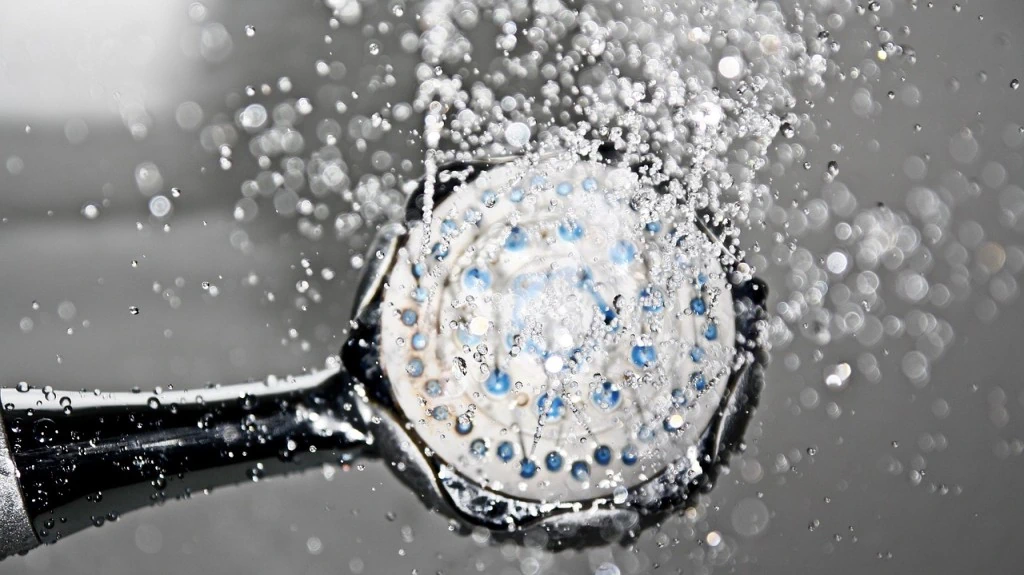
Before committing to a tank or tankless water heater, you should have an idea of how much hot water your home consumes, especially in its peak usage. This will enable you to choose a system that can meet your needs without wasting energy.
Calculate Your Peak Hot Water Consumption:
- Identify your times of peak usage. These could be morning times when a number of people are showering, doing dishes, and doing laundry.
- Estimate gallons per minute (GPM) consumed by each activity. A shower, for example, consumes 2.0–2.5 GPM, a dishwasher consumes 1.5–2.0 GPM, and a washer consumes 2.0–2.5 GPM.
Example:
If two showers (2.5 GPM each) and the dishwasher (1.5 GPM) are running at once, your household’s peak demand is roughly 6.5 GPM. You’ll want a water heater that can supply at least that amount without a drop in temperature.
Factor in Climate and Water Quality:
- Climate effect: In cooler climates, water temperature is cooler coming into the system, so your system will need to work harder, especially in tankless designs. This would imply a larger unit or two systems for peak winter performance.
- Water hardness: Hard water leads to scale buildup within the water heater, reducing efficiency and life. Tank systems may need to be drained more often, and tankless systems may experience periodic descaling to maintain performance.
Allowing yourself the time to calculate your highest hot water usage and taking into account your climate region and water quality will allow you to select a water heater that is effective year-round and will last for years to come.
Choosing the Right Water Heater with Generations Heating & Air Conditioning
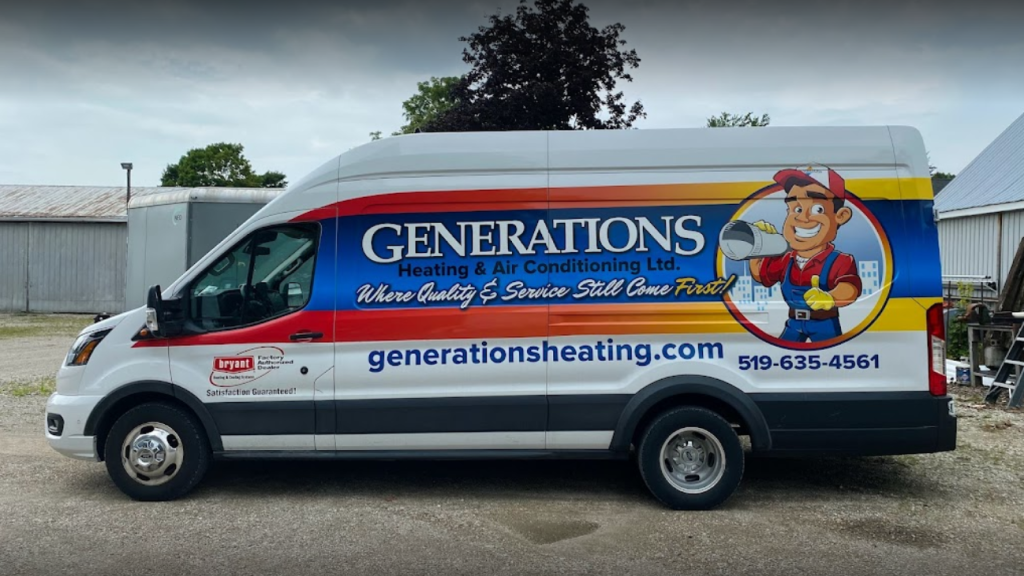
Selecting the right water heater for your home is a decision that should balance comfort, efficiency, and long-term value. By now, you’ve seen how tank and tankless systems compare in terms of cost, energy savings, space requirements, and performance. The best choice ultimately depends on your budget, household size, and daily hot water habits.
The right water heater will keep your home warm and your hot water flowing for years to come. Generations Heating & Air Conditioning can help you choose and professionally install the perfect water heater for your needs. Call us today for professional advice and installation you can trust.
More Reasons to Choose Generations:
If it's the comfort of your house that you're concerned about, you want to work with a company you can trust. At Generations Heating & Air Conditioning, we pride ourselves on offering professional advice, honest service, and dependable help from start to finish.
Local Experts Serving Kitchener and Beyond
We know Kitchener's weather and home styles inside and out. Our recommendations are based on hands-on experience here, not guesswork.
Friendly, Knowledgeable Technicians
Our service pros are highly trained technicians who care about you and your home. We take the time to clearly explain your options and answer your questions so that you feel confident making every decision.
No Pushy Sales Tricks, Just Honest Advice
You'll never be pressured into buying something you don't need. We prioritize what's best for you and your home, not what's easiest to sell.
Start-to-Finish Service
From the moment you receive your quote to long after your new system is installed, we're with you. Expect clear communication, tidy work, and follow-up service you can trust.
Ready to experience the Generations difference? Book a free consultation today and get the best air conditioning system for your needs and budget.
What Our Customers Are Saying...
"Great service, very adorable. they showed up when they said they would. And technician was professional. Happy to recommend and use them again if I need to."
-Louis Ormston
